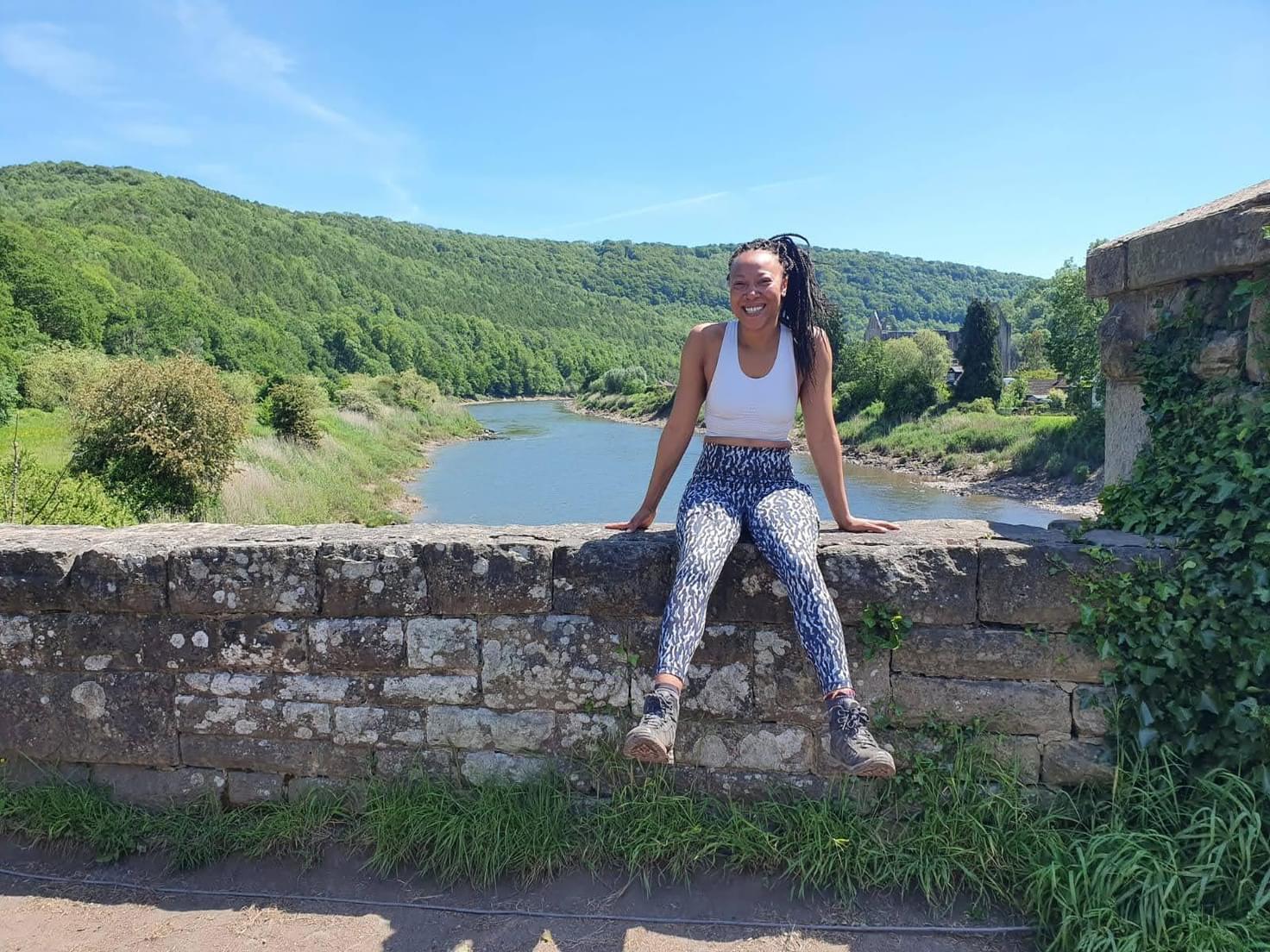
Words by Abi Scaife
After an accident several years ago where she was nearly run over, Rhiane Fatinikun was diagnosed with PTSD.
“After that, I just wanted to find something new to do - for my wellbeing more than anything," she tells Smiley News, on a train journey through the Peak District.
Rhiane would have the idea to go hiking - and now, that idea has blossomed into Black Girls Hike.
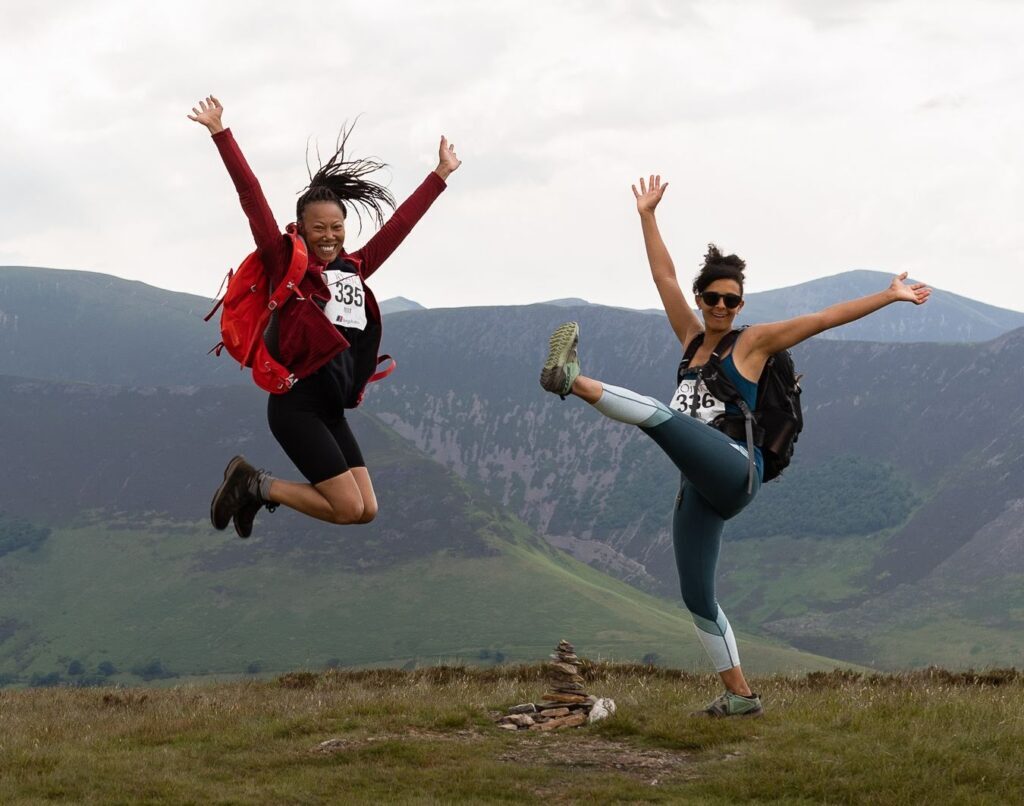
“I made it a group for Black women because you don't see much representation of us in the outdoors,” explains Rhiane. “What I really wanted to do was create a space where we can engage more of our community and inspire more people just to get outside and be that representation for people who are a little bit apprehensive.
“They talk about all of these barriers to the outdoors … our mission is to help overcome the barriers.”
Four years after their inception, Black Girls Hike has had success after success. From TED Talks to visits to Windsor Castle, to joining forces with the Duke of Edinburgh award, Black Girls Hike is opening up the countryside and proving that nature is there for everyone.
“There's this assumed knowledge that everybody knows how to access the outdoors,” says Rhiane. “[But] if you're from like inner city London for example, you're not going to know.”
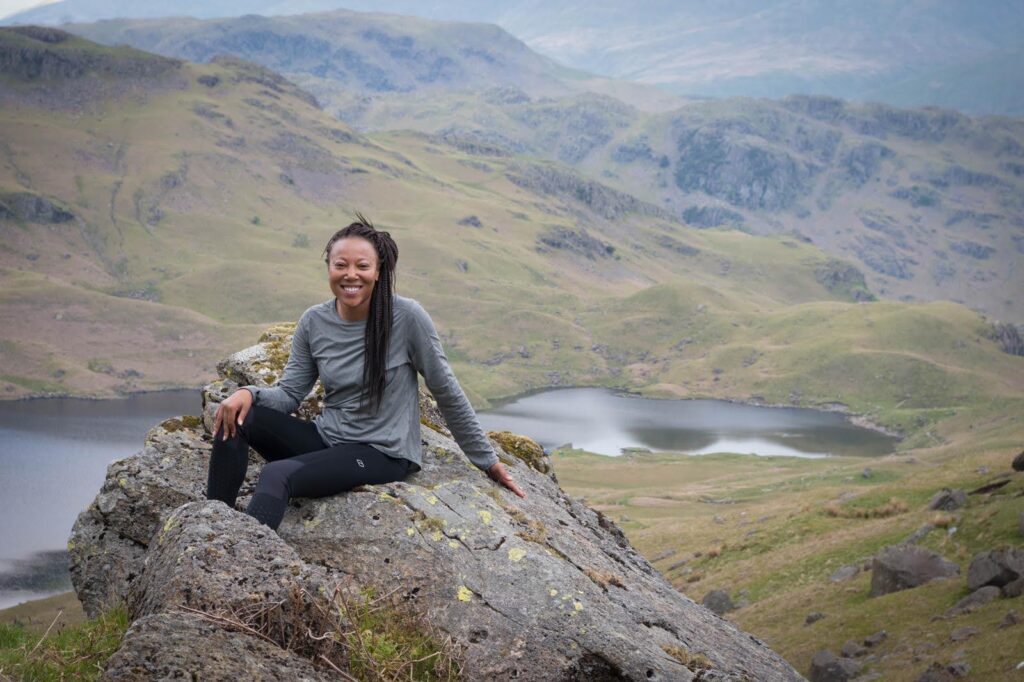
Though it started off as a hiking group, helping to educate people and engage them in the outdoors, Black Girls Hike has grown into something so much more. Members give career and personal advice and are committed to seeing each other succeed.
From a group about nature, they have built up a community of women who support and uplift each other.
“Initially when I started the group, it was just supposed to be a meet-up group,” says Rhiane. “But then I realised that it had the potential to be a community development organisation and wanted to make sure that we [were] reaching everybody.”
But why outdoors in nature? Rhaine has an answer for that, too.
“Nature's like the gift that keeps on giving, isn't it?” laughs Rhiane. “You grow in the outdoors and not just physically - it's mentally. It helps you overcome so many barriers in your mind and really brings you out of your comfort zone.”
Not only is getting out into nature great for your mental health, but creating a space – especially for Black women – has been incredibly freeing for everyone in the group.
“A lot of the time like most of the people that come to our group, work in a space where they're not represented,” explains Rhiane. “[Black Girls Hike] is kind of like taking off a mask.
“You don't have to contextualise things. It's less exhausting.”
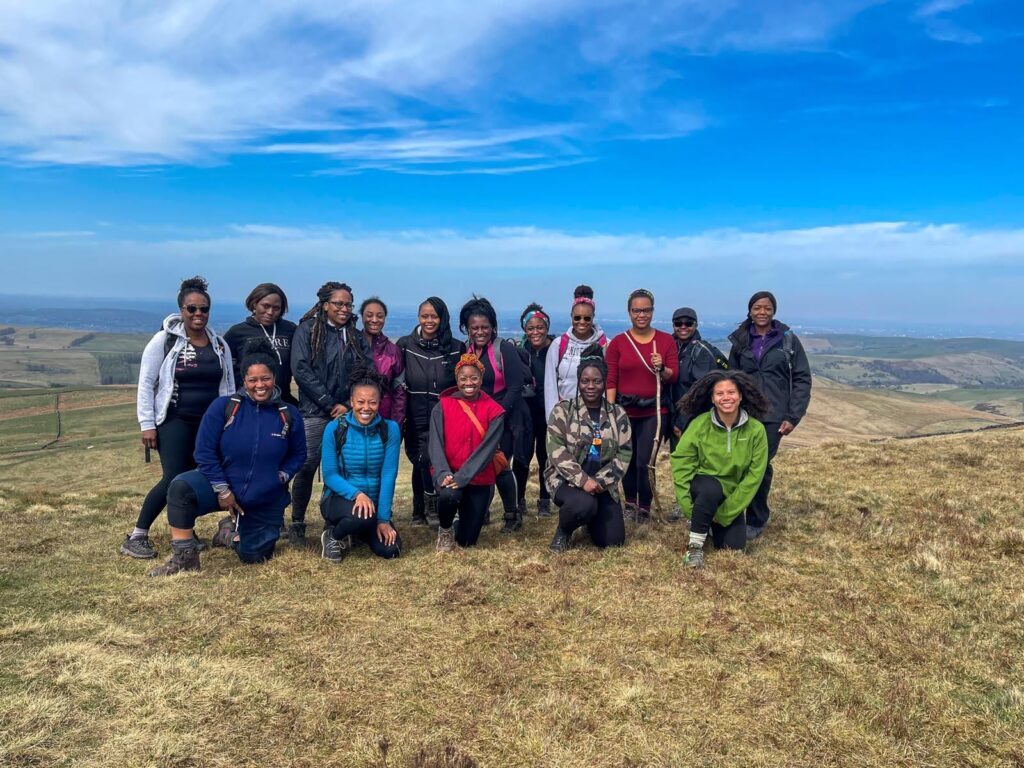
As for the future of Black Girls Hike - one of the things Rhiane is most passionate about is getting young people involved in the outdoors.
“I can see the young people are the future and the future of the outdoors,” she says. “They’re so impressionable - it's a great opportunity for you to mould them, inspire them and to kind of like really open up their eyes and their aspiration.”
It is this passion that sparked the collaborations between Black Girls Hike and The Wildlife Trust, aimed at getting young people involved in the nature that is all around them.
“We're working with young people in the London area aged 18 to 25. And we're trying to … find new ways to engage them in nature in creative ways,” explains Rhiane. “We're doing photography workshops, mindfulness sessions, drawing.”
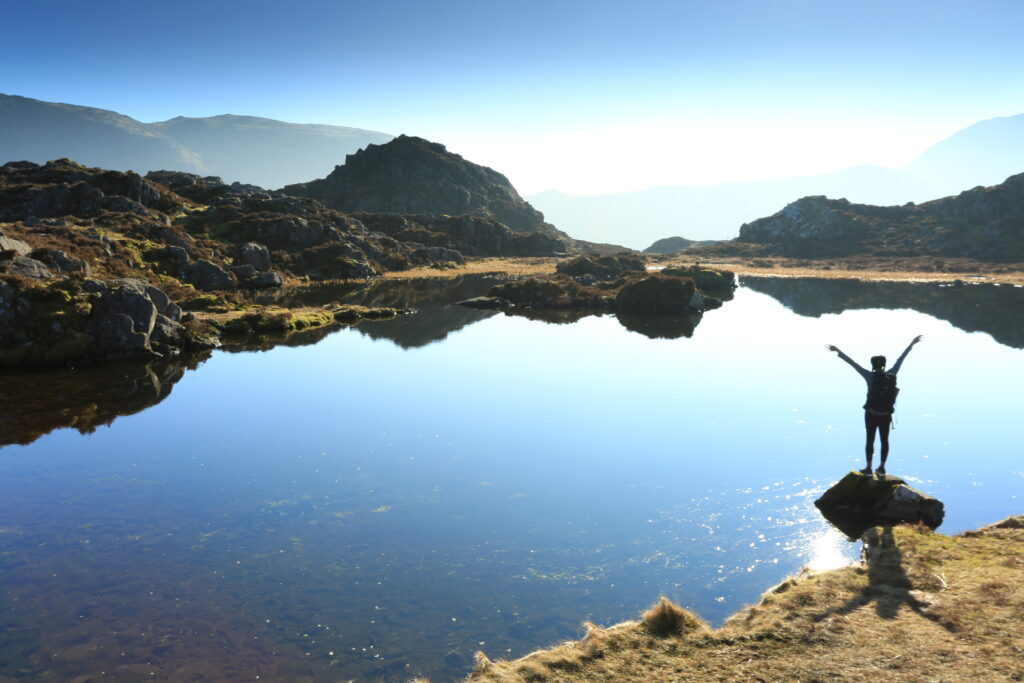
For many young people of colour, Rhiane explains, the outdoors has an image she is desperate to dispel - that the outdoors is only for older, white men.
“What we really want to do is we want to change that scrap that image. [The] outdoors is for everybody, and we really want to encourage people to see it as a space for them as well.”
You can see Black Girls Hike events on their webpage, and follow them on Instagram, Twitter and Facebook. You can support Black Girls Hike by making a donation, to help them support black women and youth in the outdoors.
This article aligns with the UN SDGs Gender Equality and Reduced Inequalities.